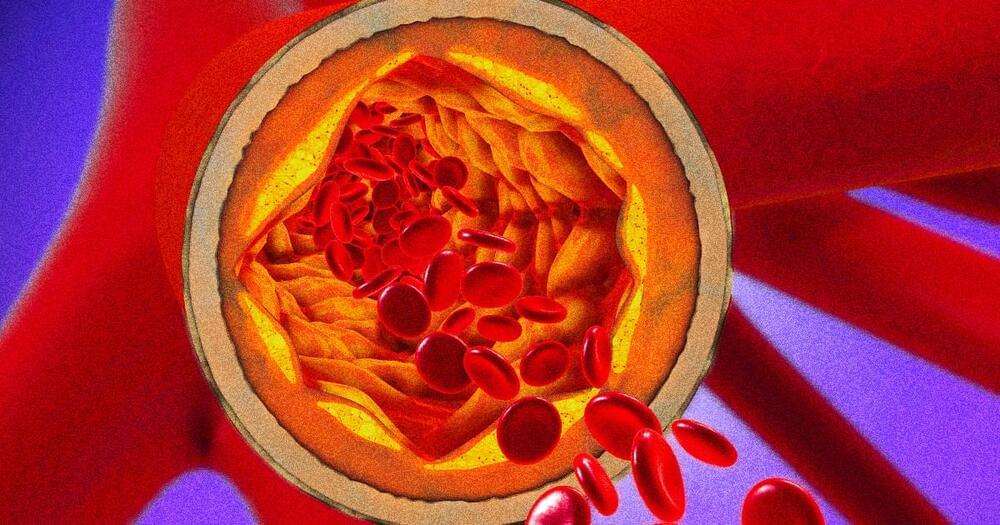Researchers have been able to reduce dramatically the level of bad cholesterol in human subjects after injecting them with an experimental gene editing treatment, according to the science journal Nature, which is the first time this technique, called base editing, has been done on humans.
But at least one person died after receiving an infusion, prompting a round of safety concerns.
In the clinical trial, 10 subjects with congenitally high levels of bad cholesterol, aka low-density lipoprotein (LDL), were given an injection of VERVE-101, a gene-editing treatment that uses the base editing technique. This treatment then turned off the gene for the protein PCSK9, which is found in the liver and regulates LDL. High levels of LDL can lead to coronary heart disease.
